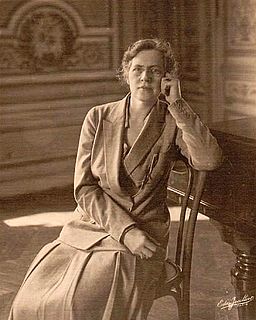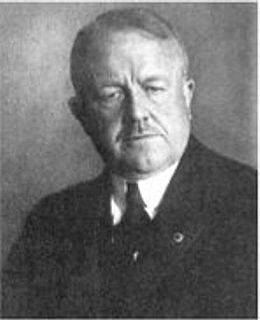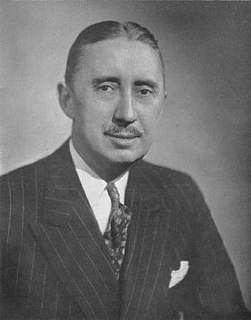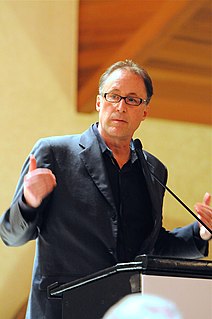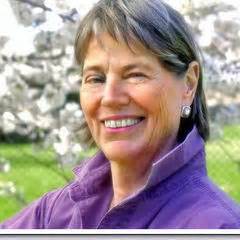A Quote by Nadia Boulanger
It is so much easier to rest contented with what we have already acquired than to change ever so slightly those routine but profound habits of thought and feeling which govern our life, and by which we live so blissfully. This mental inertia is, perhaps, our greatest enemy. Insidiously it leads us to assume that we can renew our lives without renewing our habits.
Related Quotes
We're all just a bundle of habits shaped by our memories. And to the extent that we control our lives, we do so by gradually altering those habits, which is to say the networks of our memory. No lasting joke, or invention, or insight, or work of art was ever produced by an external memory. Not yet, at least.
An entertainment is something which distracts us or diverts us from the routine of daily life. It makes us for the time being forget our cares and worries; it interrupts our conscious thoughts and habits, rests our nerves and minds, though it may incidentally exhaust our bodies. Art, on the other hand, though it may divert us from the normal routine of our existence, causes us in some way or other to become conscious of that existence.
If the years of youth are experienced slowly, while the later years of life hurtle past at an ever-increasing speed, it must be habit that causes it. We know full well that the insertion of new habits or the changing of old ones is the only way to preserve life, to renew our sense of time, to rejuvenate, intensify, and retard our experience of time - and thereby renew our sense of life itself. That is the reason for every change of scenery and air.
Perhaps we all lose our sense of reality to the precise degree to which we are engrossed in our own work, and perhaps that is why we see in the increasing complexity of our mental constructs a means for greater understanding, even while intuitively we know that we shall never be able to fathom the imponderables that govern our course through life.
We're worn into grooves by Time - by our habits. In the end, these grooves are going to show whether we've been second-rate or champions, each in his way, in dispatching the affairs of every day. By choosing our habits, we determine the grooves into which Time will wear us; and these are grooves that enrich our lives and make for ease of mind, peace, happiness - achievement.
Americans have a profound longing for heroes - now perhaps more than ever. We need our explorers, our sports icons, our Medal of Freedom winners, our Nobel laureates. We need our Greatest Generation warriors, our 'Sully' Sullenbergers, our Neil Armstrongs. On some level, we still subscribe to the myth of the man in the white hat.
It's well documented that stop-and-go traffic wears more on a vehicle than consistent-speed highway driving. No matter our driving habits, we all know we must regularly maintain our car's vitals - oil, tires, brakes, etc. Similarly, our brains and bodies perform best with a mindful focus on tasks and a routine maintenance of healthy habits.
Dialogue is a space where we may see the assumptions which lay beneath the surface of our thoughts, assumptions which drive us, assumptions around which we build organizations, create economies, form nations and religions. These assumptions become habitual, mental habits that drive us, confuse us and prevent our responding intelligently to the challenges we face every day.
